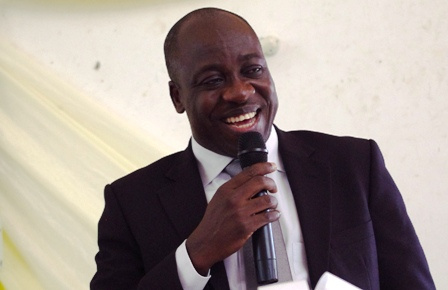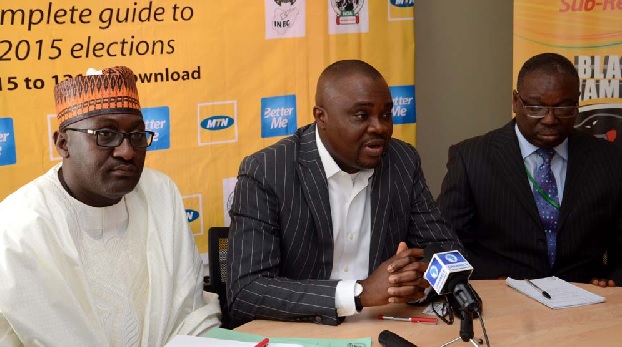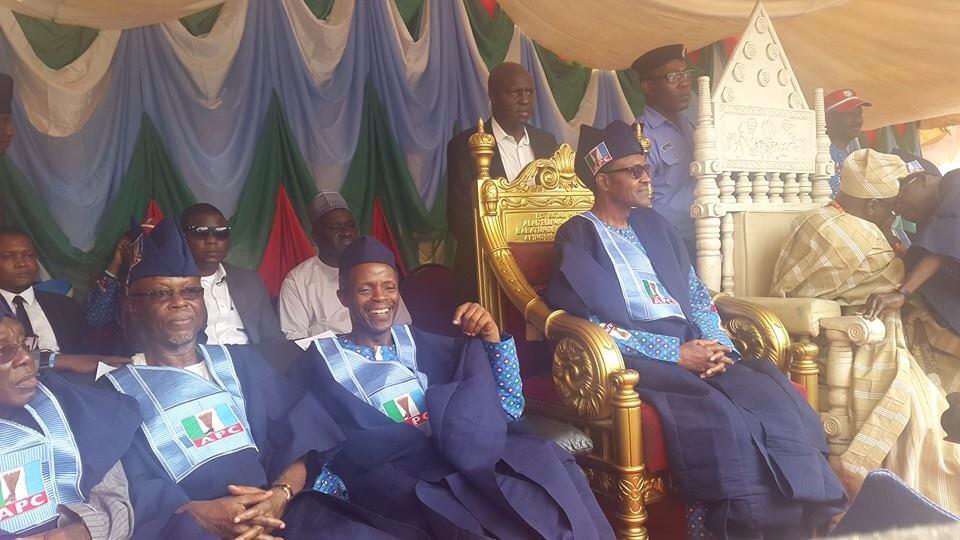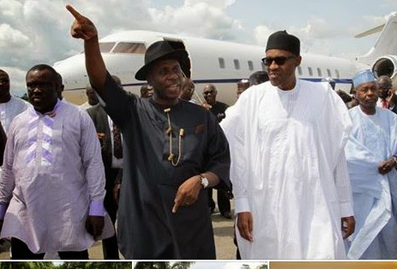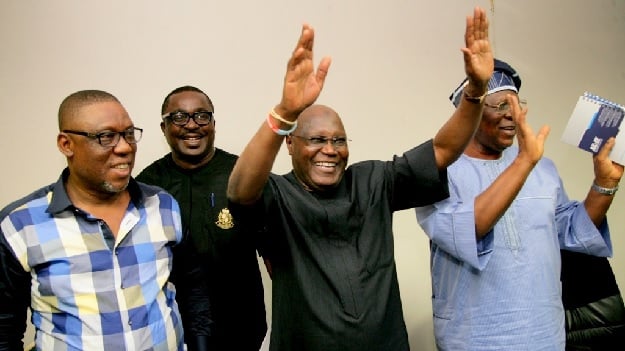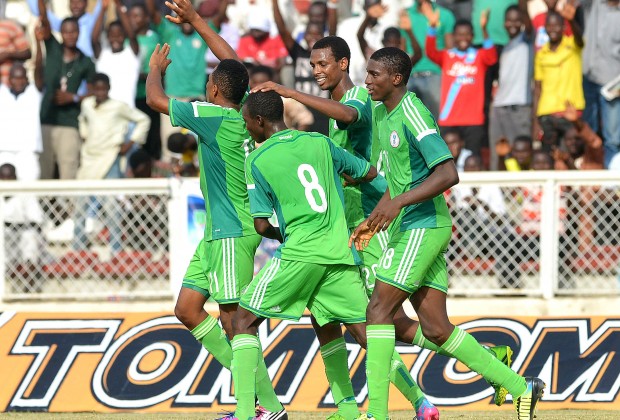By Bolaji Abdullahi
Afrobarometer, a research network, released a few days ago results of a survey it conducted on the impending presidential elections in Nigeria. Its main message that “Nigeria Heads for Closest Election on Record”, in the February 14, 2015 elections, flies in the face of the extraordinary momentum of the opposition party candidate; the likes of which has never been seen before in Nigerian political history. To start with, it is important to note that the survey, on which Afrobarometer based its conclusion was conducted in 33 states (minus Borno, Yobe and Adamawa) and the Federal territory between December 5 and 27 December, 2014, with a sample size of 1200 respondents. It is important to note that given the timing of the survey, it would not have accounted for the widespread excitement that followed the successful Presidential Primaries and the take-off of the opposition campaign.
The narrative of a “closet election on record” needs to be contextualized, even with Afrobarometer’s report that the methodology and the sample size of 1200, has yielded a sampling error of +/-2% and a “confidence level of 95%”.
We take the methodology and the level of confidence in the technical rigor as well as their expressed nonpartisanship in the survey at face value. However we need to point out a few fundamental realities in Nigeria, which by all counts, make the basic conclusion of a “closest election on record” stand at odds with the emerging trends in the political landscape since the survey was conducted. In fact there has been a seismic shift in the political landscape in the country; pointing strongly to a monumental victory for the opposition, All Progressives Congress (APC). A number of daily tracking polls corroborate this reality. Were the Afrobarometer’s tracking of the political trends more dynamic and continuous, there is no doubt that its updated findings would have revealed a clear leading margin for the opposition.
The following fundamental facts should help to explain the dissonance between current trend and the conclusion reached by the Survey. The APC conducted its presidential primaries on December 10, and the official announcement of the results of the presidential primary election, in which General Buhari was elected as the presidential candidate of the APC was made on December 11, 2014.
Advertisement
Secondly, the Vice Presidential candidate and running mate of the party, Professor Yemi Osinbajo was not selected until December 17, 2014. Why is this important and fundamental? The APC had a formidable field of six credible aspirants who had thrown in their hats for the presidential primary. Nigerians and others have characterized the APC primary as the most transparent in the history of Nigeria. Remarkably, all the other aspirants have thrown their full weight behind General Buhari. Subsequent to the consolidation of the APC and the extraordinary outpouring of national support for the APC ticket, in every nook and corner of the country, has excited even the most cynical partisans. The responses to the message of change as well as the adulation of Nigerians for General Buhari’s leadership and unbridled integrity as a leader who is incorruptible have become legendary. This narrative can be explained by some of the conclusions reached in the AfroBarometer’s survey that an overwhelming 74% of Nigerians are “dissatisfied with Overall direction of the country”.
Moreover, the sample size of 1200 in the survey, excludes the three North Eastern States of Yobe, Adamawa and Borno. By all objective criteria, these are strong APC states with a registered voting population of 4.6million. There is no doubt that, had the survey included respondents from these states, it would have skewed significantly the results in favor of General Buhari.
Another very important aspect that Afrobarometer failed to capture, possibly because it happened after the results were published, are the gale of defections that hit the PDP in the aftermath of its state primaries. In a previously safe PDP state like Akwa Ibom, a whopping 22 gubernatorial aspirants of the PDP who felt short-changed in the primaries decamped en mass with their supporters to the APC. Similar movements to the party in Delta, Kebbi, Niger, Benue, Cross River and Plateau states, among others, have given the APC strong footholds in areas where it hardly had a presence. This is a general trend in the country!
Advertisement
Consequently, the narrative of a “closest election” is totally at odds with the present reality of a country that has bought into – emotionally and intellectually – the torrent of change. It is palpable and buttressed by Afrobarometer’s findings. When respondents were asked to describe the present economic condition of the country, over 67 rated it fair or very bad. When the 12% who were not responsive to this question are added, the vote of no confidence would be astronomical. It is also worth remarking that the survey was conducted before the crash in crude oil prices for a country that is 90% dependent on oil.
The following responses are also instructive. When asked their opinions on the performance of the current administration on the following issues: Managing the economy, creating jobs, fighting corruption providing reliable electric supply, 70%,78%,78%,68% of respondents, respectively, rated the government negatively. It is therefore, in keeping with the electorate all over the world that any administration with these extraordinary levels of failure on the bread and butter issues, as well as the core issues of concerns, will have no ghost of a chance to be re-elected. This is so, especially with 59% disapproval rating on the performance of President Jonathan.
We commend Afrobarometer for its survey and for contributing to the discourse on Nigeria’s impending elections, which by all indications is a watershed in Nigeria’s quest for democratic consolidation. Nigerians are hopeful that the elections will be conducted transparently, in accordance with electoral international best practices, which will indeed reflect the will of the electorate.
Abdullahi is the deputy director of the policy, research and strategy directorate of the APC Presidential Campaign.
Advertisement
Add a comment
